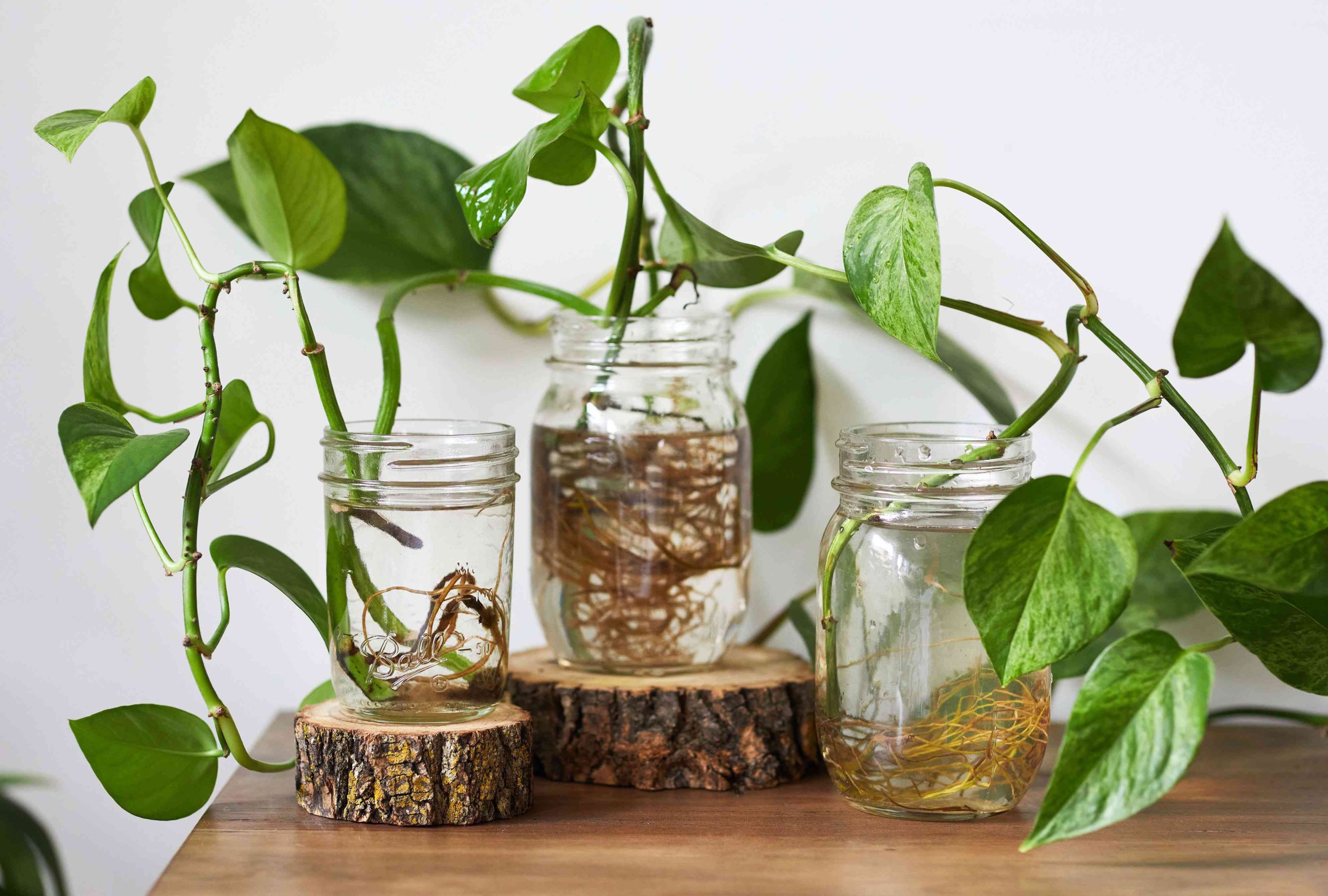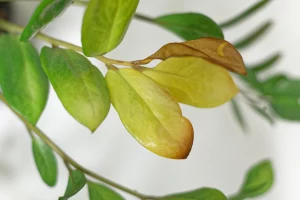Did you know that plants are not just pretty decorations for your garden or living room? They actually provide a multitude of benefits that extend far beyond their aesthetic appeal. From purifying the air we breathe to reducing stress levels, plants have remarkable capabilities that can positively impact our physical and mental well-being. So, if you’re ready to dive into the world of botanical wonders and discover how these green companions can enhance your life, keep reading!
Oxygen Production
Did you know that plants are the primary producers of oxygen in our atmosphere? Yes, it’s true! Through a process called photosynthesis, plants convert carbon dioxide into oxygen, making them essential for our survival. In fact, it is estimated that about 70% of the world’s oxygen comes from algae and marine plants in the oceans. So next time you take a deep breath of fresh air, remember to thank those humble green leafy friends around us.
But here’s something fascinating: not all plants produce equal amounts of oxygen. Some species are better at producing this life-giving gas than others. For example, tropical rainforests with their lush vegetation release vast quantities of oxygen due to their high plant diversity and productivity. On the other hand, aquatic plants like eelgrass contribute significantly to maintaining healthy water ecosystems as they constantly release bubbles containing precious dissolved oxygen for underwater organisms. It’s truly impressive how diverse species across different habitats contribute to sustaining life on Earth through their unique abilities to generate oxygen.
Carbon Dioxide Absorption
- One of the most important benefits of plants is their ability to absorb carbon dioxide. Carbon dioxide is a greenhouse gas that contributes to climate change, so by absorbing it, plants help mitigate its effects. Through a process called photosynthesis, plants take in carbon dioxide from the air and convert it into oxygen and glucose. While we often think about forests and large trees as being the main carbon absorbers, even small houseplants play a role in this vital process. Having more plants around us can significantly improve air quality by reducing the levels of carbon dioxide in our immediate surroundings.
- Another interesting aspect of carbon dioxide absorption is its connection to plant growth. Increased levels of atmospheric CO2 have been found to stimulate plant growth in numerous studies. However, it’s crucial to strike a balance since excessive amounts could lead to detrimental environmental consequences such as water scarcity or changes in ecosystem dynamics. This highlights the importance of understanding how different plant species respond to changing CO2 concentrations and developing sustainable strategies for maintaining optimum levels for both human health and ecological balance.
Improved Air Quality
- One of the lesser-known benefits of having plants around us is the significant improvement they make to air quality. While it’s common knowledge that plants release oxygen, their ability to purify the air goes beyond that. Through a process known as photosynthesis, plants absorb carbon dioxide and other harmful gases such as formaldehyde and nitrogen oxide. This not only helps in reducing greenhouse gases but also leads to cleaner air for us to breathe.
- Moreover, research has shown that certain houseplants can effectively remove indoor pollutants, creating a healthier living environment. For example, spider plants are known for their ability to reduce volatile organic compounds (VOCs) such as benzene and xylene found in everyday household items like cleaning products and paints. Snake plants are another excellent choice as they absorb toxins such as trichloroethylene commonly present in office spaces with limited ventilation.
Erosion Prevention And Soil Health
Erosion prevention and soil health are two critical aspects of sustainable agriculture that directly impact the overall well-being of our planet. When we think about the benefits that plants provide, it’s important to acknowledge their role in mitigating erosion and maintaining healthy soils.
- Firstly, plants play a crucial role in preventing erosion by holding soil in place with their roots. The intricate network of roots acts as a natural barrier, preventing wind and water from washing away valuable topsoil. In turn, this helps to maintain the integrity of the landscape and prevent loss of fertile land. Moreover, plant cover also works as a shield against heavy rainfall or strong winds that could otherwise cause significant erosion damage.
- Additionally, plants contribute to improving soil health through a process called carbon sequestration. Through photosynthesis, plants absorb carbon dioxide from the atmosphere and convert it into organic matter that is then stored in the soil. This process not only reduces greenhouse gas emissions but also increases soil fertility and moisture retention capacity. By enhancing soil health, plant-based ecosystems support biodiversity, improve crop productivity, and promote long-term sustainability.
Biodiversity And Habitat Creation
One of the lesser-known benefits of plants is their role in promoting biodiversity and creating habitats for various species. Plants form the foundation of every ecosystem, providing food, shelter, and breeding grounds for countless animals. From towering trees in dense forests to tiny wildflowers in grasslands, each plant contributes to the complex web of life on Earth.
In addition to supporting existing wildlife, plants also play a crucial role in restoring damaged ecosystems. Through habitat creation initiatives like reforestation and wetland restoration, we can rebuild habitats that have been destroyed by human activities such as deforestation or urbanization. By carefully selecting native plant species and creating suitable conditions for their growth, we can encourage the return of diverse plant communities and restore balance to ecosystems that have been disturbed.
By promoting biodiversity through habitat creation efforts, we not only protect threatened species but also contribute to the overall health and resilience of our planet. Diverse ecosystems are more adaptable to environmental changes and less susceptible to invasive species or diseases. Furthermore, they provide crucial ecosystem services such as water purification and soil stabilization.
Conclusion
In conclusion, it is undeniable that plants play an indispensable role in our lives. While we often take them for granted, they are the very foundation of life on Earth. From providing us with oxygen to filtering pollutants from the air we breathe, plants are essential for our survival. They also serve as a key source of food and medicine, offering nourishment and healing properties that cannot be replicated by synthetic alternatives.
Moreover, plants have a remarkable ability to create a serene and calming environment. Whether it is a lush green forest or a small potted plant on your desk, their presence has been proven to reduce stress levels and improve mental well-being. In fact, studies have shown that even just looking at images of nature can have positive effects on our mood and overall happiness.
Furthermore, plants are not only crucial for our physical health but also for the health of the planet. Through the process of photosynthesis, they absorb carbon dioxide—the primary greenhouse gas responsible for climate change—and release oxygen back into the atmosphere. This makes them invaluable allies in combating global warming and preserving ecological balance.
All in all, recognizing and appreciating the incredible contributions of plants is vital if we hope to build a sustainable future. Incorporating more green spaces into our cities, supporting local farmers who prioritize environmentally friendly practices, and cultivating an admiration for nature’s marvels are just some ways we can honor these silent heroes that sustain us every day. It is high time we acknowledge their profound impact and work towards protecting and nurturing them so that future generations






Be First to Comment